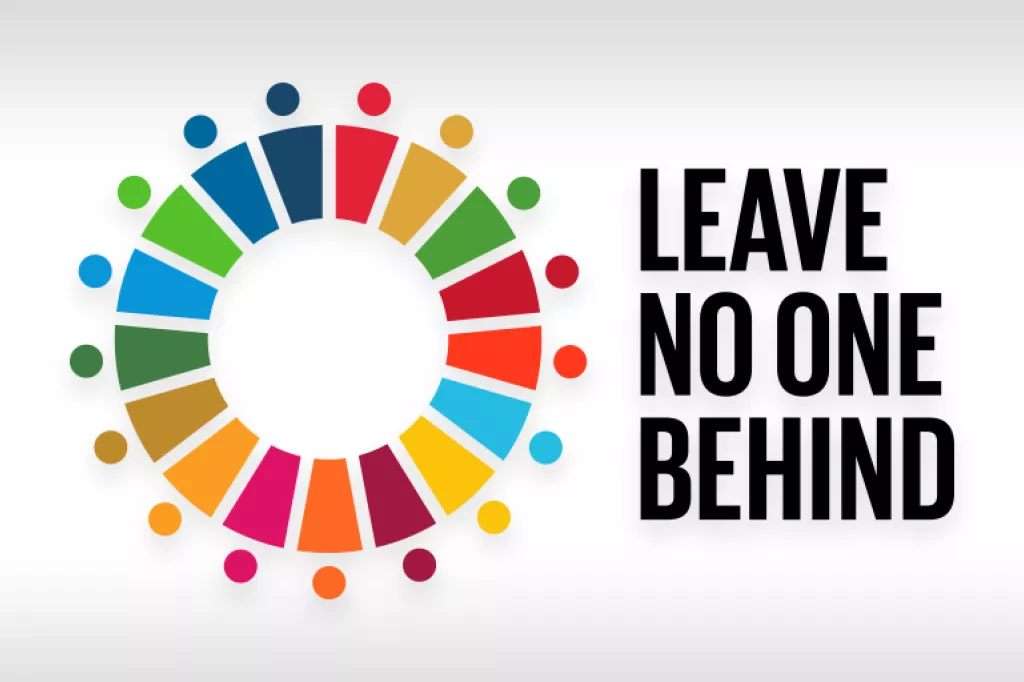LEAVE NO ONE BEHIND: From words to reality in Swedish development cooperation

To leave no one behind is the most important commitment in the 2030 Agenda because it puts equality and inclusion at the centre of the development agenda. It is a commitment to reach those furthest behind first and to ensure that all the 17 goals are achieved for all. It has a particular focus on the poorest and most vulnerable people – those who often are the most difficult to reach.
Our recommendations to the Swedish government
- Sweden should clearly define what the commitment to leave no one behind means within its development cooperation and for the planning, prioritisation, implementation and evaluation of aid.
- Sweden should take the leadership globally for the commitment to leave no one behind and for making it a guiding principle for international development cooperation.
- An official follow-up study on the findings from the 2014 synthesis report and the lack of poverty focus, should be performed to evaluate if shortcomings have been addressed.
- Sweden should continue to to dedicate 1% of GNI to international aid and 0.15-0.2% to the least developed countries.
- Sweden should phase out the counting of in-donor refugee costs as aid. Meanwhile, Sweden should adhere to the urge made by OECD DAC, and apply the most conservative interpretation of OECD DAC guidelines to minimise deductions from aid programmes.
- Sweden should uphold the focus on ending poverty in the definition of aid, and work against attempts to weaken this focus within the EU and the OECD DAC.
Development aid has a critical role to play in reaching people furthest behind and donors have a responsibility to ensure that aid is being spent in line with the promise to leave no one behind. The report LEAVE NO ONE BEHIND: From words to reality in Swedish development cooperation examines official policy documents, allocation of the aid budget as well as the implementation of the poverty perspective in Swedish aid.
Andra nyheter

The power of people powered Public-Private Partnerships
Public–Private Partnerships (PPPs) are often discussed in terms of roads, power plants, housing, and other large infrastructure projects. But as discussed on the People’s Partnership Podcast, PPPs are...

ForumCiv’s social media accounts labelled as “extremist materials” in Belarus
Important message to our Belarusian followers. Any interaction with our content can now lead to legal consequences in Belarus. Please read the information below and take the necessary precautions for...

ForumCiv enters new strategic partnership
ForumCiv is proud to announce a new three-year strategic partnership with Sida, totalling SEK 137 million.